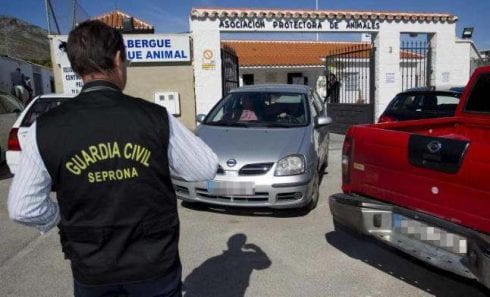THE pound dipped below 1.23 against the euro this month, its lowest level since June, before the Bank of England voted to keep rates and the quantitative easing programme on hold.
Leading up to the release, expectations had increased that the bank was likely to announce additional measures to try and re-ignite growth in the economy after three consecutive quarters of contraction.
This had been weighing on the pound – as the most likely tool to be deployed would be more quantitative easing – which tends to have a negative impact on a currency’s value.
UK employment data was also released at the same time which showed a further improvement despite the weak output growth, with the unemployment rate dropping to 7.9%.
The pound gained against both the US dollar and the euro following the announcement.
I expect there to be increased discussion among the monetary policy committee (MPC) in the coming weeks as to what the bank can and should do to help the struggling UK economy.
As recent economic data for the last three quarters has been at the lower end of expectations, the pressure for the MPC to do more is growing.
With UK inflation figures coming in just above the 2% target set for the Bank of England, there’s room to expand policy.
Clearly more needs to be done to stimulate the UK economy.
But given the open-ended quantitative easing programme recently announced by the Federal Reserve and the pledge of unlimited intervention from the European Central Bank (ECB), the Bank of England may be able to cope without requiring further action.
Meanwhile, the euro has outperformed the pound in recent weeks following the recent efforts to bring an end to the debt crisis and speculation over the break-up of the single currency.
Since hitting a high of 1.2875 in July, a level last seen in 2008, the pound has lost more than 4% against the euro and looks vulnerable to continued optimism over new measures in the eurozone to strengthen the bloc.
Assuming Spain comes forward and finally requests some form of bailout, that would enable the ECB to buy its bonds and lower borrowing costs further; subsequently, the pound could fall as low as 1.20.











